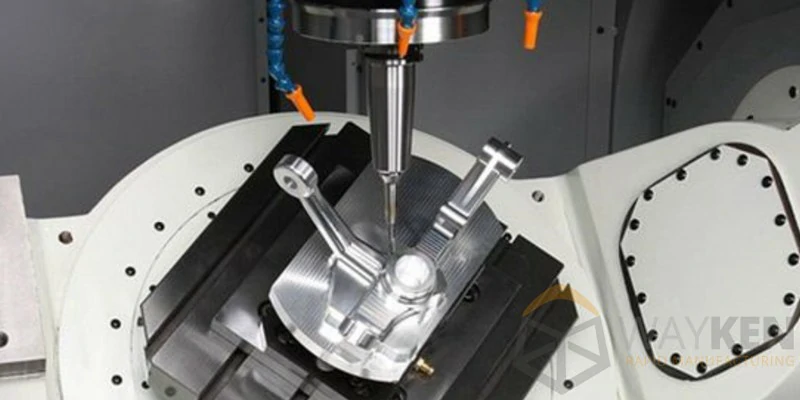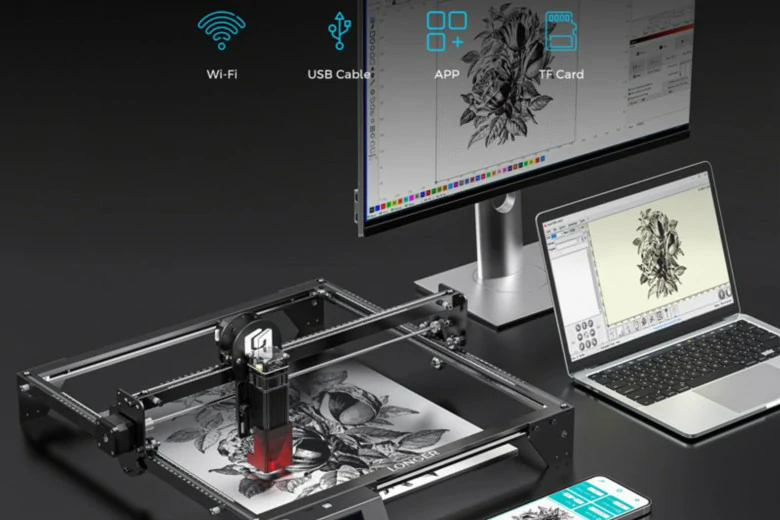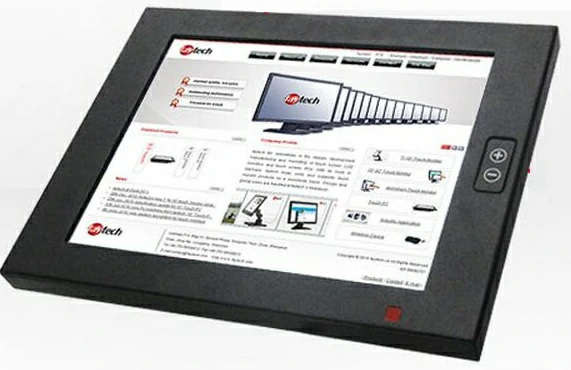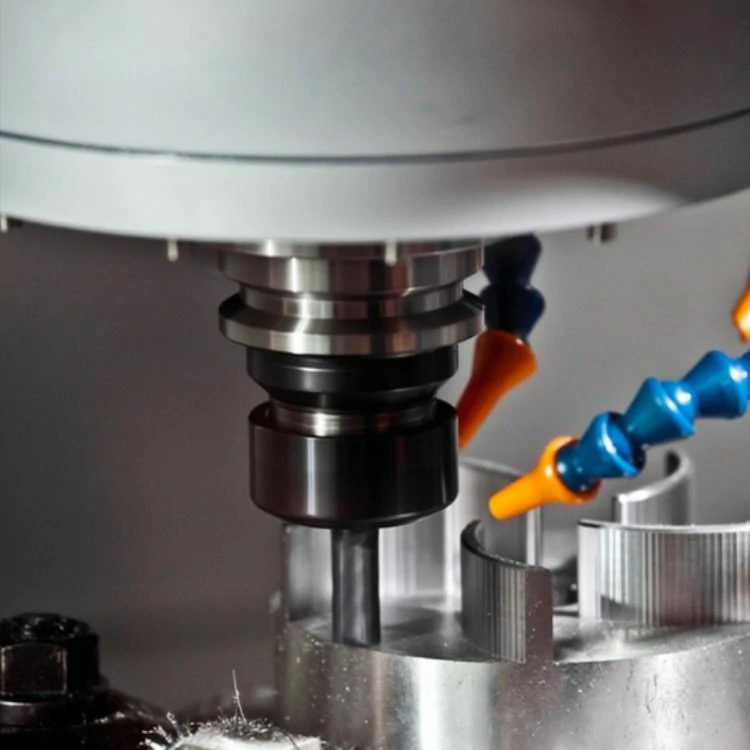CNC machine tools have revolutionized the precision machining industry, providing unmatched accuracy and efficiency in the manufacturing process. One area where these tools excel is in the machining of alumina ceramics, a versatile and durable material used in various applications.
Alumina ceramics are known for their exceptional properties, including high hardness, excellent wear resistance, and electrical insulation capabilities. These characteristics make them ideal for applications such as cutting tools, electronic components, and even medical implants. However, machining alumina ceramics can be a challenging task due to their inherent brittleness and high hardness.
The use of CNC machine tools in the precision machining of alumina ceramics has significantly improved the manufacturing process. These tools utilize computer-aided design (CAD) and computer-aided manufacturing (CAM) software to program and control the machining operations. This automation not only enhances accuracy but also reduces the risk of human error.
One of the key advantages of CNC machine tools is their ability to execute complex machining operations with ease. With the help of precise tool paths and advanced cutting strategies, these tools can create intricate shapes and features on alumina ceramic components. This level of precision ensures that the final product meets the exact specifications required by the application.
Additionally, CNC machine tools offer superior surface finish capabilities. By using specialized cutting tools and optimizing machining parameters, these tools can achieve exceptionally smooth and polished surfaces on alumina ceramic parts. This is crucial in applications where the surface quality directly affects the performance and functionality of the component.
Another significant benefit of CNC machining for alumina ceramics is the enhanced productivity it offers. These machines can operate continuously, maximizing efficiency and reducing production time. Moreover, CNC machine tools can perform multiple operations in a single setup, eliminating the need for manual intervention and minimizing downtime.
To achieve optimal results when machining alumina ceramics, several factors need to be considered. Firstly, the selection of cutting tools is crucial. Tools made from high-quality materials, such as diamond or cubic boron nitride (CBN), are recommended due to their exceptional hardness and wear resistance. Additionally, coolant or lubricant should be used during the machining process to reduce heat generation and control chip formation.
Furthermore, proper fixturing and workholding techniques are essential when machining alumina ceramics. These techniques ensure that the workpiece remains stable and secure throughout the machining operation, preventing any potential damage or inaccuracies.
In conclusion, CNC machine tools have greatly improved the precision machining of alumina ceramics. The automation and accuracy provided by these tools enable the production of complex shapes and intricate features with ease. Moreover, the enhanced surface finish capabilities and increased productivity make CNC machining an ideal choice for manufacturing alumina ceramic components. As technology continues to advance, we can expect even more innovation in the CNC machining field, further pushing the boundaries of what is possible in the precision machining of alumina ceramics.
.webp)



